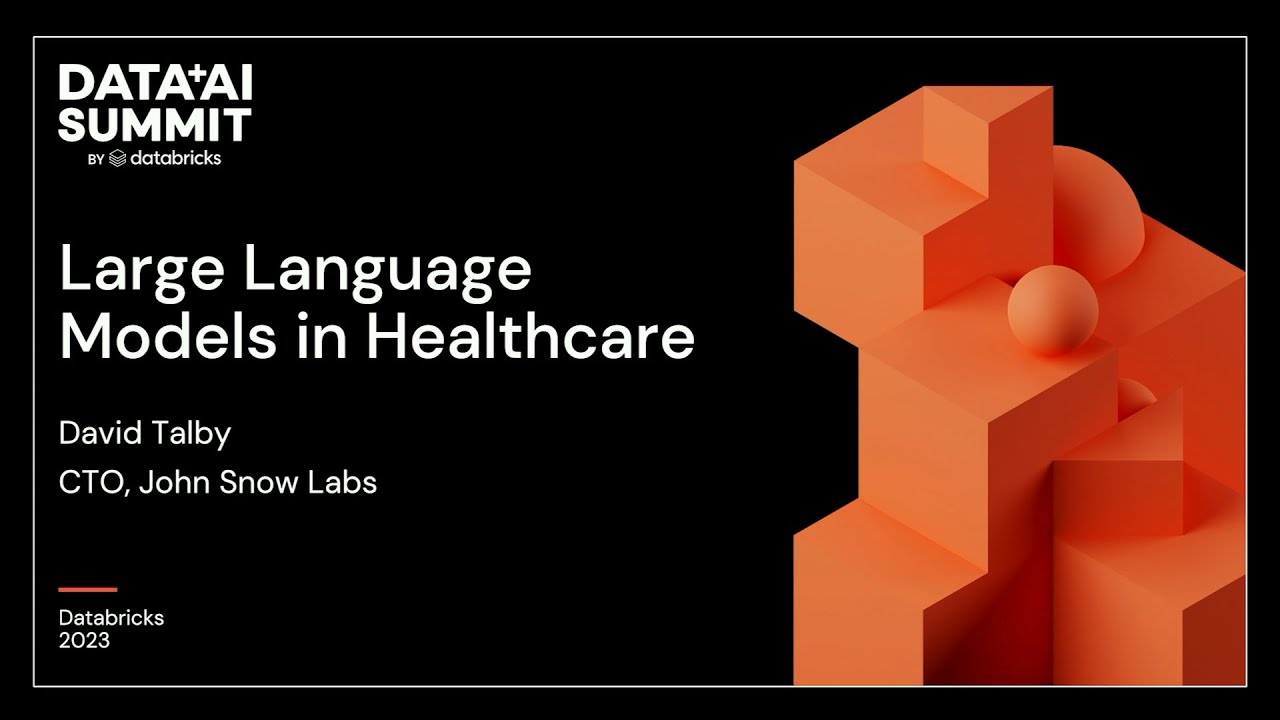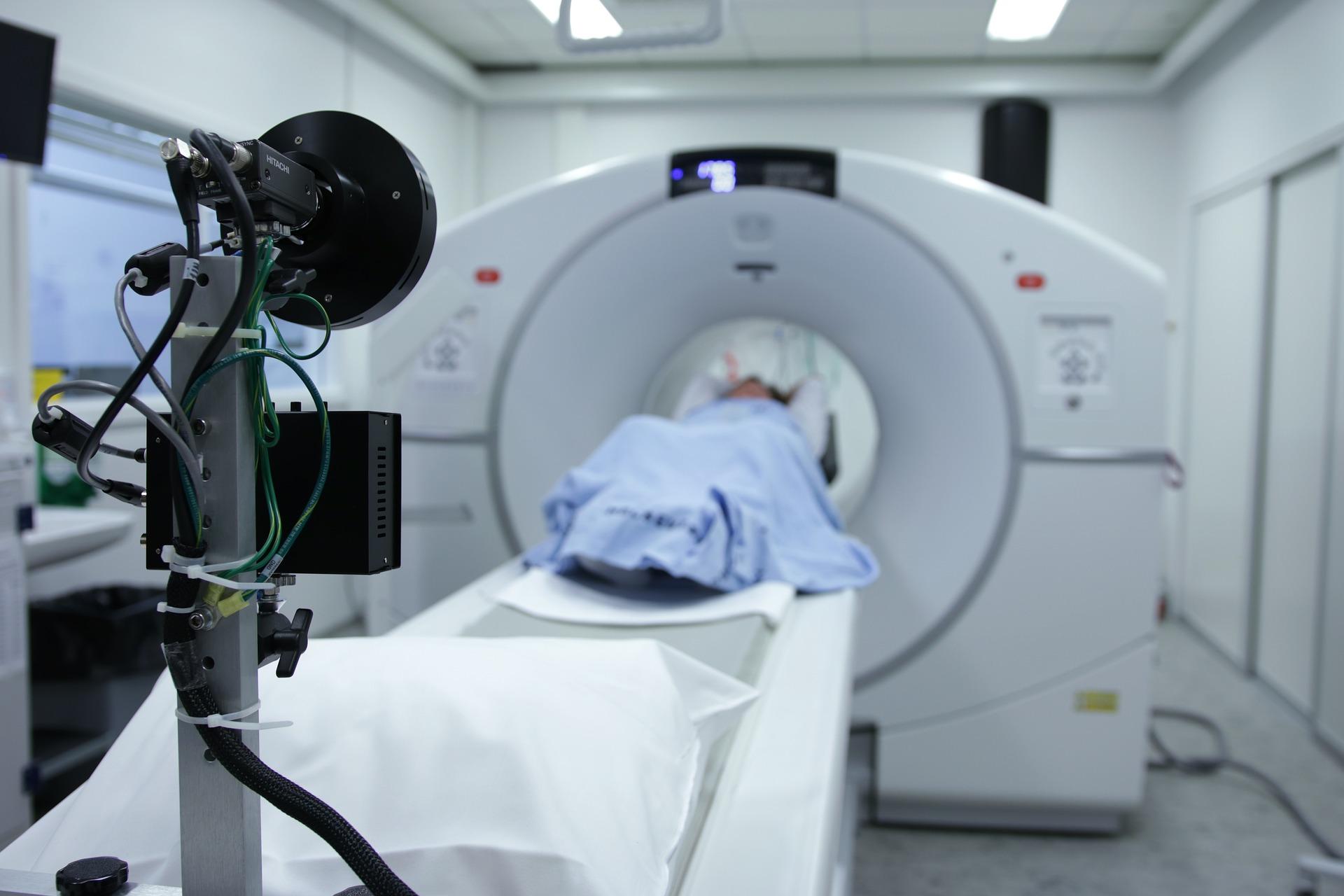
The Rise of Language Models in Revolutionizing Healthcare
Large Language Models (LLMs) are making significant strides in the healthcare sector, paving the way for more efficient artificial intelligence (AI)-powered medical assistance. As the 21st century unfolds, the rapid advancements in AI are transforming industries across the board, particularly within healthcare, where the complexity of medical processes requires innovative and nuanced approaches.
In modern medical practice, doctors encounter a diverse array of complex data, encompassing diagnostics, treatments, and prognoses. The integration of multimodal medical information—ranging from pathology and radiology to genomics—is crucial for effective clinical decision-making. This complexity becomes even more challenging as physicians must not only rely on established medical knowledge but also tailor treatment plans to meet individual patient needs. According to recent studies, there exists a pressing need for robust intelligent assistance tools to support healthcare professionals navigating these intricate datasets.
 Large language models are set to transform healthcare decision-making.
Large language models are set to transform healthcare decision-making.
The study, spearheaded by esteemed professionals like Prof. Bin Dong from Beijing International Center for Mathematical Research and Prof. Lin Shen from Peking University Cancer Hospital, highlights the unique capabilities of LLMs such as GPT-4. These models facilitate the consolidation and interpretation of vast medical data, ultimately leading to more precise diagnostic and treatment decisions.
Transforming Patient Care
The application of LLMs in healthcare isn’t just theoretical. Promising results have already emerged from their use in specialized areas like medical research and clinical decision support. For instance, GPT-4 has demonstrated exceptional performance in the United States Medical Licensing Examinations (USMLE), indicating its capacity to assist professionals in high-stakes environments. Yet, experts advocate for further comprehensive research to validate the models’ efficacy in real-world clinical settings.
As healthcare increasingly embraces these advanced technologies, the future looks bright. These models are not just about data analysis; they also promise to refine predictive analytics and streamline patient management. Picture AI agents aiding physicians by evaluating patient histories, laboratory outcomes, and radiological data, generating tailor-made diagnostic suggestions that were previously unthinkable.
 AI tools are redefining efficiency in patient management.
AI tools are redefining efficiency in patient management.
This integration of LLMs in healthcare signals a shift towards a more scientific and systematic decision-making process, ensuring that patients benefit from individualized healthcare strategies tailored to their unique medical circumstances. Physicians stand to gain unprecedented support, moving away from isolated tools meant for singular tasks towards a unified, holistic approach.
Challenges Ahead
Despite the promising advancements, challenges abound. Achieving true personalization within these models remains a significant hurdle, as does the need for continuous adaptive updates to refine their capabilities. There’s a pressing requirement for LLMs to develop complex problem-solving capacities that echo the multifaceted nature of human medical decision-making.
The ongoing research unveiled in this comprehensive review underscores the importance of establishing LLM-driven autonomous agents in healthcare. These tools come with diverse applications that facilitate real-time decision-making and enhance the delivery of medical care while rigorously assessing their efficacy and safety.
 The future of healthcare may be powered by advanced technologies.
The future of healthcare may be powered by advanced technologies.
As we navigate these transformational waters, it’s essential to shine a light on both the prospects and the challenges presented by LLMs. Moving forward, a concerted effort to understand and harness the potential of these technologies will be necessary to fully reimagine patient care and elevate medical practices.
In conclusion, the integration of LLMs in the healthcare ecosystem symbolizes a progressive pathway toward more effective medical assistance. As the strategic deployment of these technologies continues to grow, the objective is to enhance patient care while overcoming existing challenges. The revolutionary impact of LLMs on the medical field is poised to reshape the landscape of healthcare, heralding an era of improved outcomes driven by data intelligence and collaborative decision-making.















